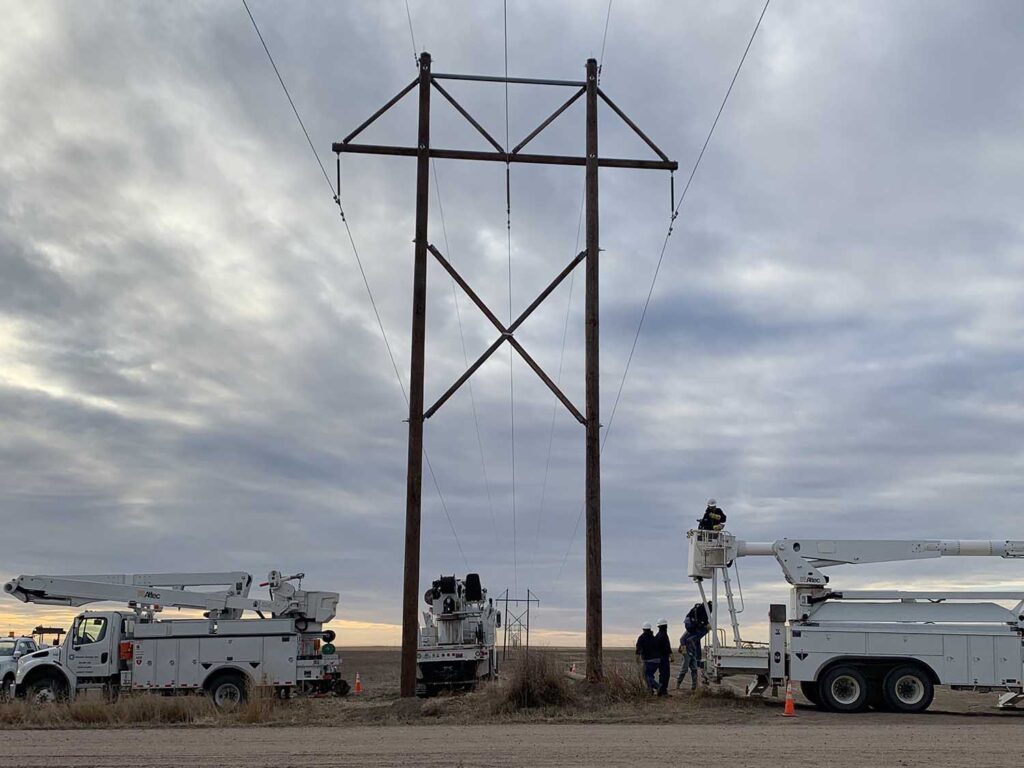
A new rule guiding the federal environmental review process for major infrastructure buildouts will impede critical projects needed to ensure reliable and affordable power, NRECA says.
The White House Council on Environmental Quality released its final Phase 2 rule under the National Environmental Policy Act on April 30. Despite Congress’ efforts to make the NEPA process more timely and efficient through the recently enacted Fiscal Responsibility Act in 2023, the administration layers on new requirements that undermine those improvements.
The administration’s rule, which applies to projects needing federal permits or that receive federal loans or grants, includes provisions that will make the NEPA process less efficient and more burdensome.
“CEQ’s final rule takes our nation in the wrong direction and further undermines reliable electricity,” NRECA CEO Jim Matheson said. “It will delay key infrastructure projects by prolonging and complicating environmental reviews while increasing litigation risk.”
The rule elevates certain environmental considerations, including a project’s climate impacts, above others. That is inconsistent with NEPA’s historical approach of using an objective project-specific method to assess proposed actions and would favor certain types of infrastructure over others, according to NRECA.
Furthermore, the final rule will require environmental mitigation measures and monitoring and compliance plans that CEQ lacks the authority to mandate under NEPA. The rule also adds new requirements for agencies that want to establish and apply categorical exclusions that allow low-impact activities to avoid more extensive NEPA reviews.
The Phase 2 rule will apply to projects starting environmental reviews on or after July 1.
“Our broken permitting system already makes it exceedingly difficult to add new energy resources to the grid,” Matheson said. “This rule makes that problem worse.”
Molly Christian is a staff writer for NRECA.